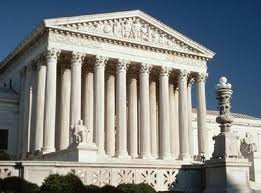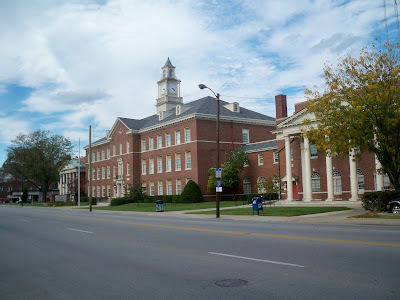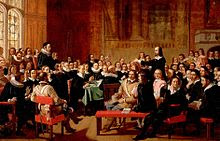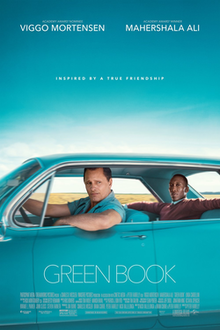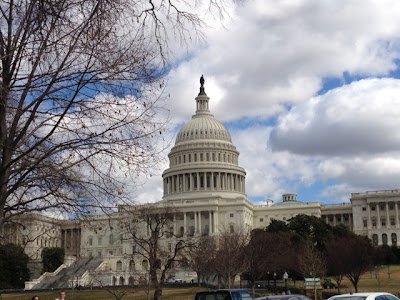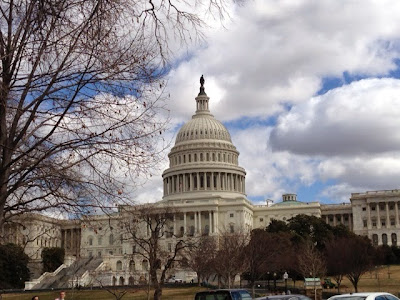Split Screen
Last night was perhaps best summed up by my daughter Suzanne, who sent around this text early in the evening: “Christmas in Washington: Cookies in the oven, Congress on TV.” I imagine this was the case throughout the nation, where holiday activities met with political goings-on.
And in fact, there were decisions to be made. Does one trim the tree while watching members of Congress cast votes for article 1 and article 2? How about addressing Christmas cars? Would that be a suitable accompaniment for watching the president be impeached? And does one keep the recorded carols playing, or turn them down out of respect?
I settled for a smidge of online shopping and a good conversation with Celia, who thinks there ought to be an upper age limit set for holding political office, just as there is a lower one. It’s an understandable sentiment given what was unfolding before us.
